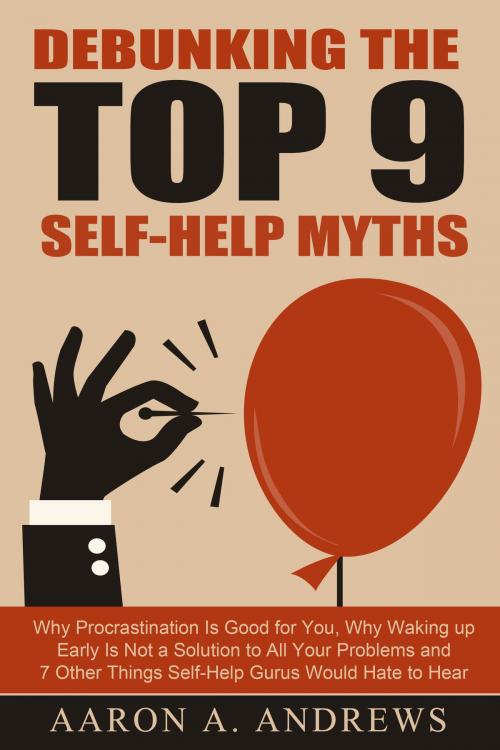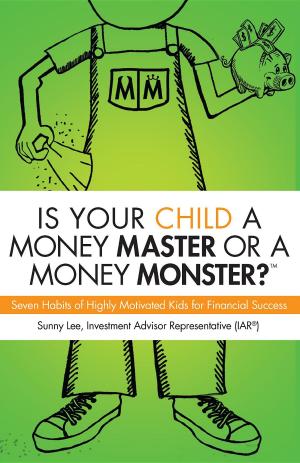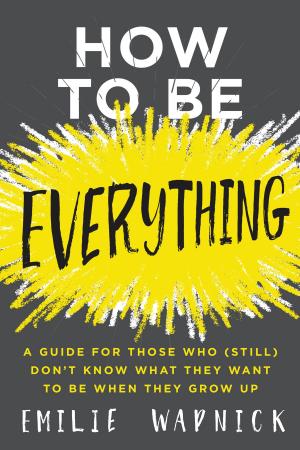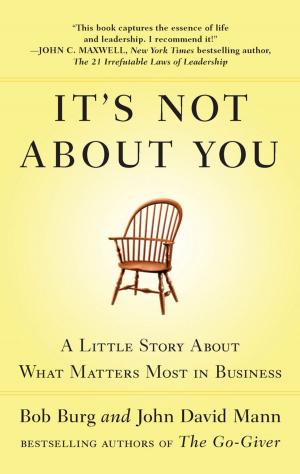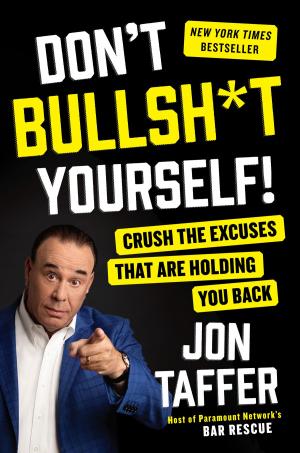Debunking the Top 9 Self-Help Myths
Why Procrastination Is Good for You, Why Waking up Early Is Not a Solution to All Your Problems and 7 Other Things Self-Help Gurus Would Hate to Hear
Business & Finance, Management & Leadership, Time Management, Nonfiction, Health & Well Being, Self Help, Self Improvement, Success| Author: | Aaron A. Andrews | ISBN: | 1230000309935 |
| Publisher: | Black Star Media Group | Publication: | March 29, 2015 |
| Imprint: | Language: | English |
| Author: | Aaron A. Andrews |
| ISBN: | 1230000309935 |
| Publisher: | Black Star Media Group |
| Publication: | March 29, 2015 |
| Imprint: | |
| Language: | English |
Debunking the Top 9 Self-Help Myths
Are you tired of traditional self-help literature that always gives the same advice? Would you like to learn why the total opposite of self-help “truths” can actually work much better for you?
If so, Debunking the Top 9 Self-Help Myths is for you. The book presents 9 self-help myths and shows how the opposite advice can work better. A large part of the book is based on scientific research that proves beyond doubt that some self-help myths are indeed just dangerous myths.
Let’s Put an End to Dangerous Self-Help Myths
Some self-help myths are not only wrong, they are outright harmful for you. One of such myths is the myth of waking up early in order to achieve success and the myth that visualizing the goal will help you achieve it. In fact, scientists have proved that visualizing the goal will lead you further away from it. And as for waking up early, at least 20% of us will only feel miserable when following this advice.
Here are other things you’ll learn from the book:
- two types of procrastination and why one of them is great for you
- why procrastination can help you evaluate your life choices
- why procrastination can help you find a reason why
- why hard work is stupid
- the story of how ignorant farmers popularized the myth of working hard
- three reasons why cutting down your hours will do you good
- how to achieve more with less (hint: it’s not about working hard)
- why sometimes it’s better to give up than keep going (persistence doesn’t always pay)
- why a step-by-step approach isn’t always the right choice (and what to do instead)
- the myth of getting rich slowly
- why there’s no single recipe for success and why you shouldn’t look for one
- the halo effect and its effect on our judgment of successful people
- what the Japanese streets can teach you about doing the opposite thing and still being right
- two types of perfectionism and why one of them can change your life
- why you don’t need more discipline (and what you need instead of discipline)
- how long it really takes to develop a habit
Would You Like to Achieve Success by Following the Unconventional Path?
By following the unconventional advice from the book you can achieve much better results than by following the traditional way of doing things.
Some of the most common self-help tips can actually harm you instead of helping you. Debunking the Top 9 Self-Help Myths will help you avoid doing things that have been proven by the scientists to harm you instead of helping you. You too can benefit from the self-help literature – but first you have to learn how to read them critically, and this book will help you achieve this goal.
PS. All readers will get access to a bonus chapter of the book that explains why productivity systems are useless.
Debunking the Top 9 Self-Help Myths
Are you tired of traditional self-help literature that always gives the same advice? Would you like to learn why the total opposite of self-help “truths” can actually work much better for you?
If so, Debunking the Top 9 Self-Help Myths is for you. The book presents 9 self-help myths and shows how the opposite advice can work better. A large part of the book is based on scientific research that proves beyond doubt that some self-help myths are indeed just dangerous myths.
Let’s Put an End to Dangerous Self-Help Myths
Some self-help myths are not only wrong, they are outright harmful for you. One of such myths is the myth of waking up early in order to achieve success and the myth that visualizing the goal will help you achieve it. In fact, scientists have proved that visualizing the goal will lead you further away from it. And as for waking up early, at least 20% of us will only feel miserable when following this advice.
Here are other things you’ll learn from the book:
- two types of procrastination and why one of them is great for you
- why procrastination can help you evaluate your life choices
- why procrastination can help you find a reason why
- why hard work is stupid
- the story of how ignorant farmers popularized the myth of working hard
- three reasons why cutting down your hours will do you good
- how to achieve more with less (hint: it’s not about working hard)
- why sometimes it’s better to give up than keep going (persistence doesn’t always pay)
- why a step-by-step approach isn’t always the right choice (and what to do instead)
- the myth of getting rich slowly
- why there’s no single recipe for success and why you shouldn’t look for one
- the halo effect and its effect on our judgment of successful people
- what the Japanese streets can teach you about doing the opposite thing and still being right
- two types of perfectionism and why one of them can change your life
- why you don’t need more discipline (and what you need instead of discipline)
- how long it really takes to develop a habit
Would You Like to Achieve Success by Following the Unconventional Path?
By following the unconventional advice from the book you can achieve much better results than by following the traditional way of doing things.
Some of the most common self-help tips can actually harm you instead of helping you. Debunking the Top 9 Self-Help Myths will help you avoid doing things that have been proven by the scientists to harm you instead of helping you. You too can benefit from the self-help literature – but first you have to learn how to read them critically, and this book will help you achieve this goal.
PS. All readers will get access to a bonus chapter of the book that explains why productivity systems are useless.
